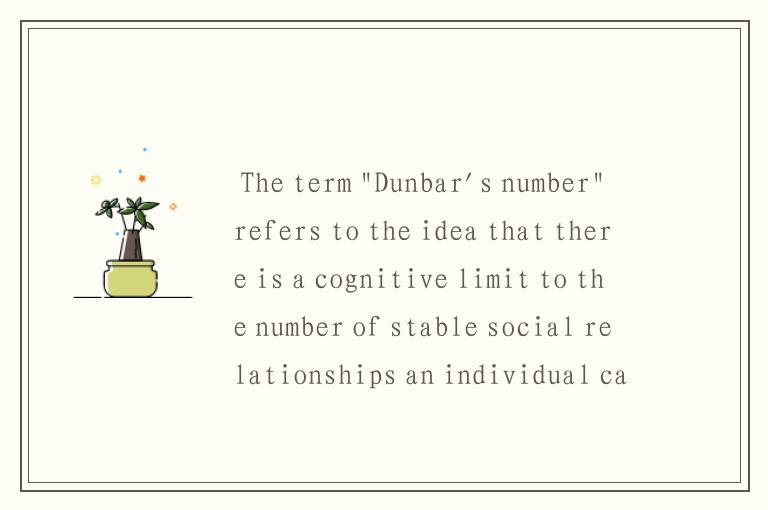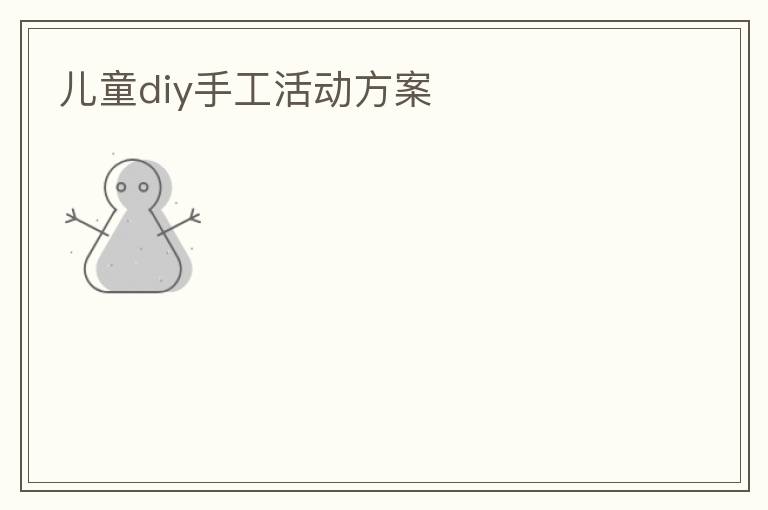李昕泽创业原因

The term "Dunbar's number" refers to the idea that there is a cognitive limit to the number of stable social relationships an individual can maintain. The concept was proposed by British anthropologist Robin Dunbar, who suggested that humans have a cognitive limit of around 150 individuals with whom they can maintain meaningful relationships.Dunbar arrived at this number by studying the social group sizes of various primates and comparing them to the size of the human neocortex. He found a correlation between neocortex size and social group size, and proposed that the size of the human neocortex limits the number of individuals we can have stable relationships with.According to Dunbar, the number 150 represents the maximum number of relationships in which an individual knows who each person is and how they relate to every other person. This includes family members, close friends, and acquaintances. Beyond this number, maintaining meaningful relationships becomes increasingly difficult.Dunbar's number has been widely discussed and debated in various fields, including anthropology, psychology, and sociology. Some researchers argue that the number is arbitrary and can vary depending on cultural factors and individual differences. Others suggest that the number is a useful approximation and provides insights into the nature of human social networks.Overall, Dunbar's number suggests that there is a cognitive limit to the number of social relationships an individual can maintain, and that this limit is around 150 individuals.
无论你的行为是对是错,你都需要一个准则,一个你的行为应该遵循的准则,并根据实际情况不断改善你的行为举止。了解完李昕泽创业原因,紫薯百科相信你明白很多要点。
声明:本站所有文章资源内容,如无特殊说明或标注,均为采集网络资源。如若本站内容侵犯了原著者的合法权益,可联系本站删除。





